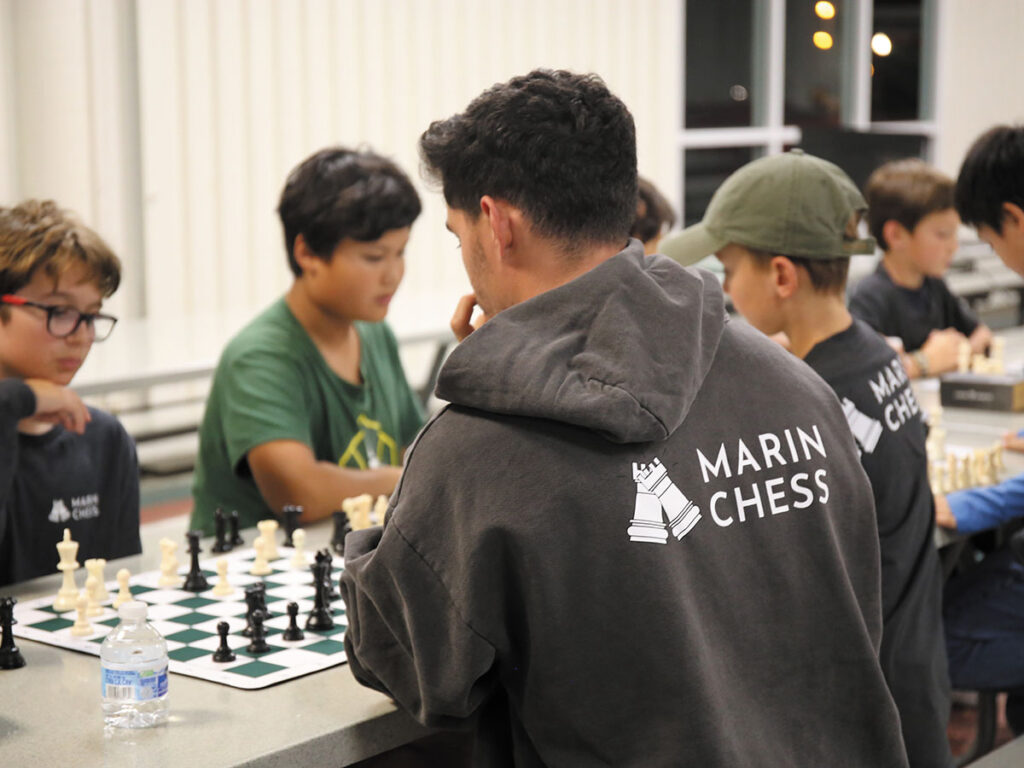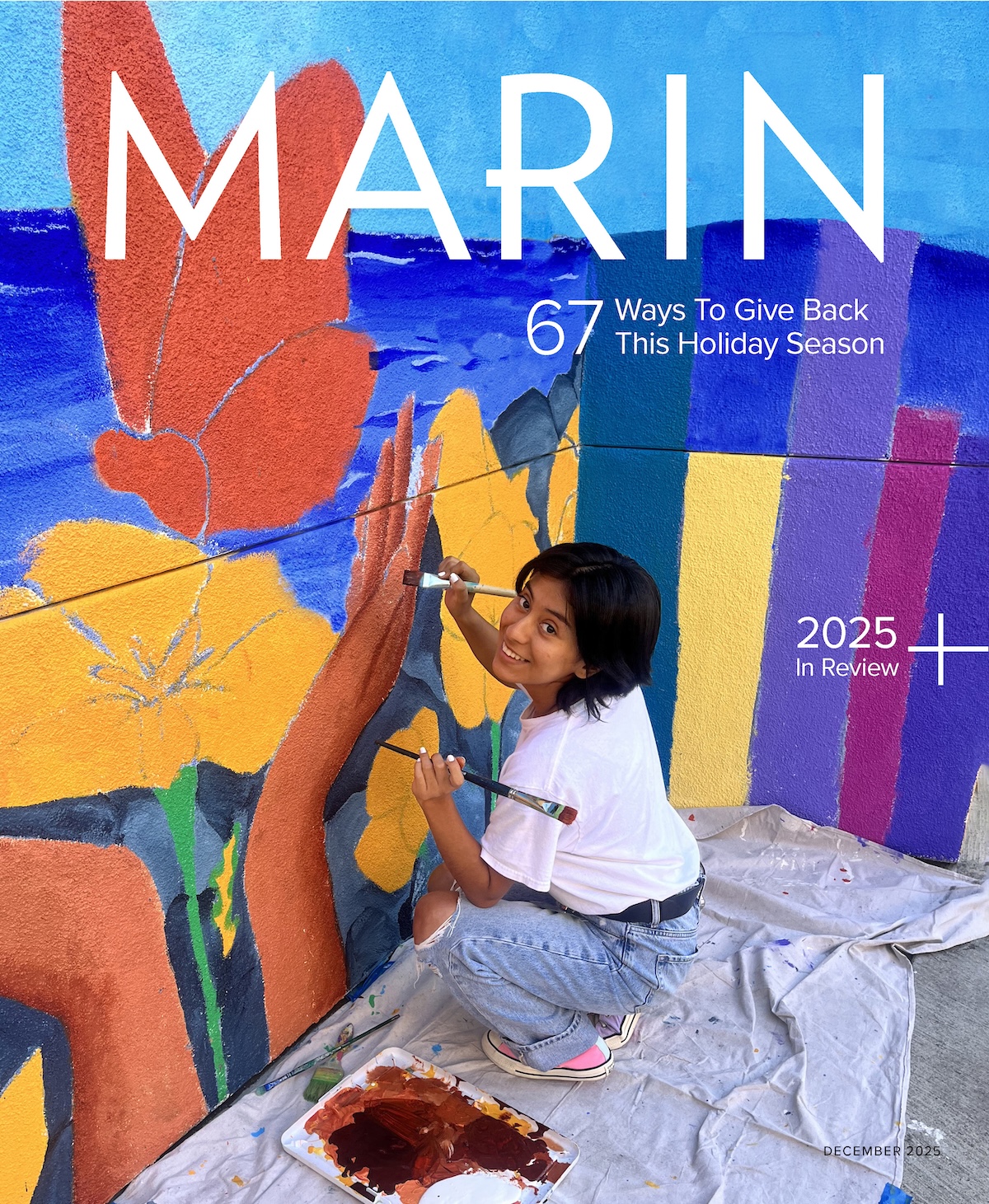Chess changed Stanley Wong’s life. When he immigrated to the United States from China at age five, Wong learned how to play the game through after-school programs at Reed and Bel Aire elementary schools in Tiburon. While chess taught the now-20-year-old San Rafael resident strategy, critical thinking and how to plan ahead, the friendships he made in these enrichment programs enabled him to feel comfortable and confident in his new home.
The game also paved the way for Wong to open MarinChess, a company that provides after-school chess programs to elementary school students across Marin County and beyond. He sees the program as a way to share his passion for the game, and the life-long skills and experiences it gave him. His goal: To make chess accessible for everyone.
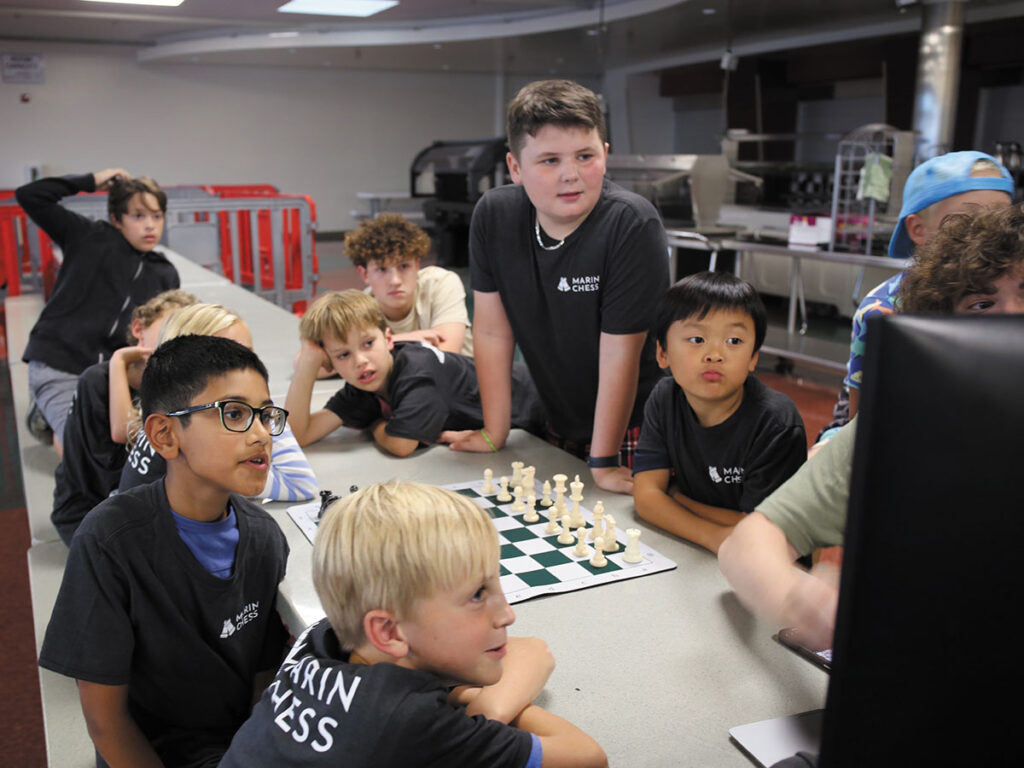
Why chess?
Chess is one of the few activities that blends academics, creativity and social skills all in one. It teaches students to think critically, plan ahead, solve problems under pressure and strengthen focus and patience.

How can chess offer life skills beyond the board?
Beyond the game the skills you learn in chess translate directly into the classroom. A big study back in 2016, which analyzed 24 other studies and 5,000 students, [suggested] that learning chess improved scores in math and reading. The academic studies provide helpful context, but what we see firsthand in classrooms every day is how much chess helps students learn focus, patience and problem-solving in a way that carries over into everything else they do.
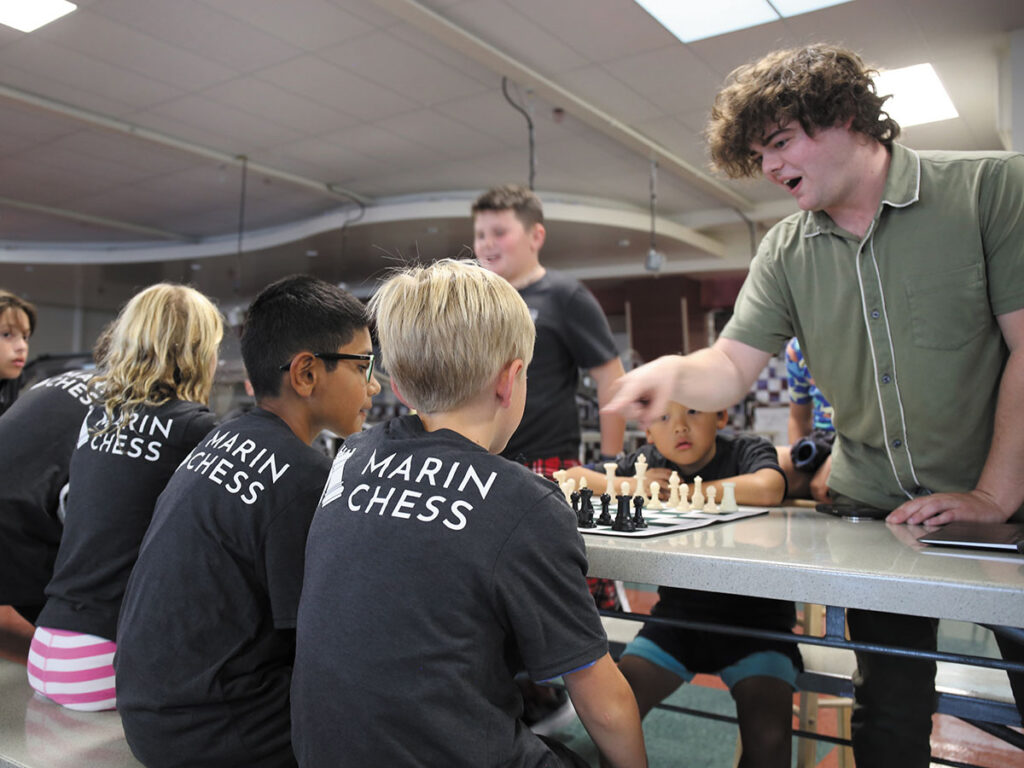
What do the MarinChess programs look like, and how many are there?
Almost all our programs are held after school, like a club. We’re the largest provider of after-school chess in the Bay Area. We work with programs in Napa and Sonoma counties, Marin County and in San Francisco, along with programs in Santa Clara and San Jose. We also recently launched Friday Night Chess Camp at the Redwood High School Student Center in San Rafael, and we recently started leasing a building in San Rafael that will offer more chess for teenagers and adults. To date, we’ve worked with thousands of students and we’re only going to be expanding more from here.

How much do the programs cost?
They’re not free, but we’re trying to make it accessible for everyone. We have to pay for instructors and the space we’re using, so we need to charge something. Pricing for after-school programs depends and every school is different. Generally it’s $25 to $30 per student. The cost for Friday nights is $60 per session, or $20 per hour. We provide equipment, clocks, dinner, drinks and snacks.
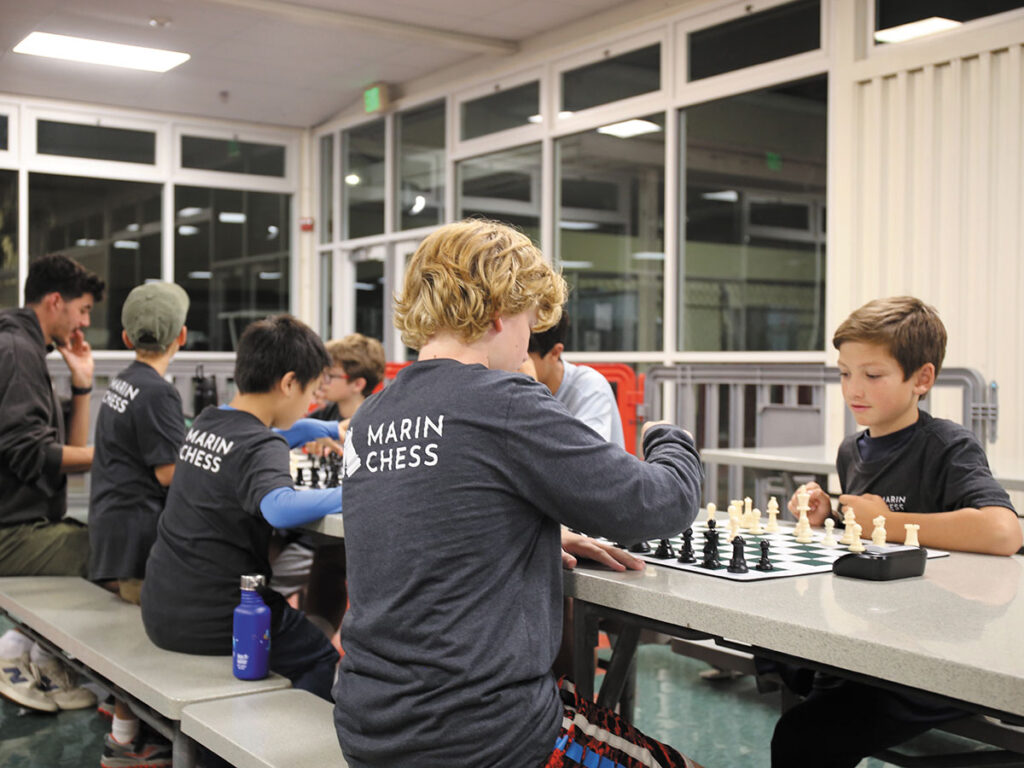
What is the long-term goal for MarinChess?
My goal here is not to turn our students into grand masters. We’re just here to give kids a good foundation in chess. We want them to learn how to think ahead, recover from mistakes and make thoughtful decisions. Ultimately our goal is to help them grow into more intelligent, thoughtful individuals who apply the lessons of chess to life.
